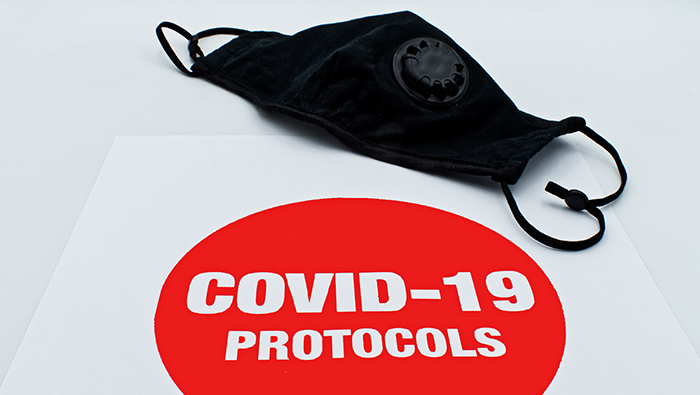The Equal Employment Opportunity Commission (EEOC), on November 17th, 2021, announced the release of updated COVID-19 guidance. In short, it provides employers with crucial information on how to avoid possible workplace discrimination claims during the coronavirus pandemic. Indeed, as the coronavirus pandemic continues, the EEOC wants employers to avoid receiving retaliation claims involving COVID-19. Overall, the agency added seven questions and answers since the last update in October 2021. Correspondingly, the new questions form a new section: ‘Retaliation and Interference.’ Earlier in November 2021, the EEOC, the U.S. Department of Labor, and the National Labor Relations Board announced a joint anti-retaliation initiative to protect workers’ rights.
Background of the Guidance
Chiefly in a “question and answer” format, the updated resource covers EEOC topics important to employers dealing with COVID-19 ramifications. Further, the subject matter discussed falls under the EEOC’s enforcement of workplace anti-discrimination laws, including the following:
- Americans with Disabilities Act (ADA);
- Rehabilitation Act;
- Age Discrimination in Employment Act (ADEA); and
- Genetic Information Nondiscrimination Act (GINA).
In addition, the guidance also addresses COVID-19 compliance and Title VII of the Civil Rights Act (Title VII).
Before the addition of information on COVID-19 retaliation and interference, the guidance included the following topics:
- Disability-Related Inquiries and Medical Exams;
- Hiring and Onboarding;
- Reasonable Accommodations;
- Pandemic-Related Harassment;
- Returning to Work; and
- Vaccination Policies.
Overview of the Updated COVID-19 Guidance
Specifically, the critical updates to the technical assistance consist of the following questions:
- Do job applicants and employees have protection from retaliation for exercising EEO rights in connection with COVID-19?
- What are some examples of protected employee activities, which should be free from retaliation?
- When do retaliation protections apply?
- Whom does the EEOC protect from retaliation?
- When is an employment action based on an employee’s EEO activity severe enough to be unlawful retaliation?
- Is an employer barred from taking action against someone who has engaged in EEO activity?
- Does the law provide any additional protections to safeguard ADA rights?
Employer Takeaways
In conclusion, the EEOC wants to remind employers that all EEO laws are in full effect during the global pandemic. Therefore, employers need to remain vigilant in complying with all applicable EEO regulations. In addition to the updated COVID-19 guidance, the EEOC adds further information about COVID-19 regularly. Subsequently, to keep up to date on the news involving anti-discrimination laws and COVID-19, employers can visit the EEOC Newsroom. While many EEOC laws apply to employers with 15+ employees, many states have laws prohibiting job discrimination. To prevent possible fines or lawsuits, employers need to investigate which, if any, state-specific anti-discrimination laws they need to follow.

